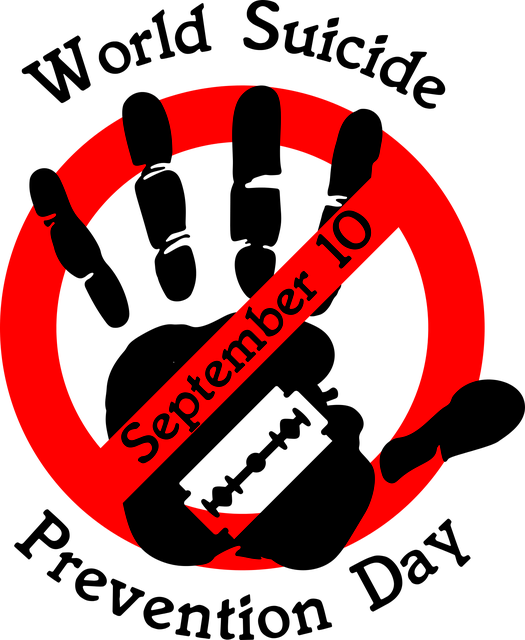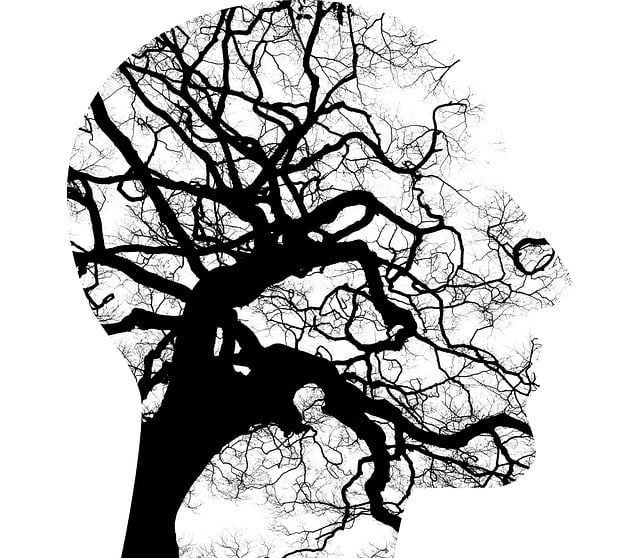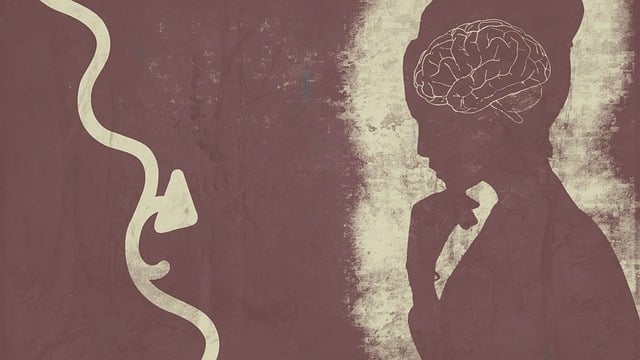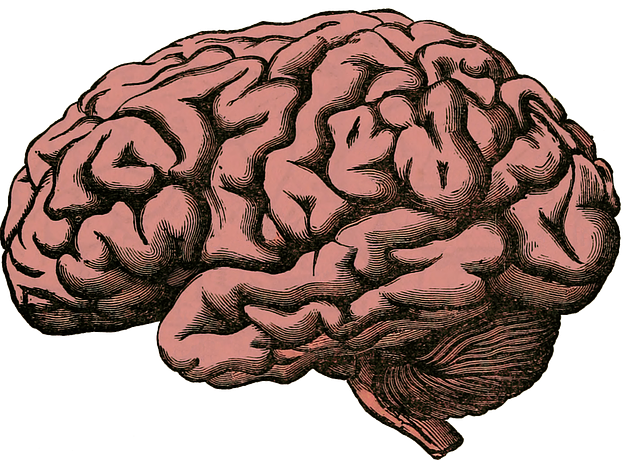In today’s fast-paced world, mental health crisis hotline support services are an indispensable resource. These hotlines play a pivotal role in providing immediate assistance during times of distress. The article explores various facets of this crucial service, including the expertise offered by Boulder Neuro Disorders Therapy. It delves into actionable steps for accessing emergency support and highlights training programs designed to equip individuals with crisis intervention skills. Furthermore, it discusses community awareness initiatives aimed at preventing mental health crises.
- Understanding Mental Health Crisis Hotlines
- The Role of Boulder Neuro Disorders Therapy
- Accessing Emergency Support: Steps to Take
- Training and Resources for Crisis Intervention
- Building Community Awareness and Prevention
Understanding Mental Health Crisis Hotlines

Mental Health Crisis Hotlines serve as vital resources for individuals facing intense emotional distress or psychological emergencies. These dedicated phone lines offer immediate support, confidential conversations, and expert guidance to those struggling with various mental health challenges, including anxiety, depression, suicidal ideation, and more. Services often include crisis counseling, referral to appropriate care, and skills training to manage future crises.
In the context of Boulder Neuro Disorders Therapy, understanding these hotlines is crucial for fostering a comprehensive approach to mental wellness. By recognizing the signs of a mental health crisis and knowing how to access these resources, individuals can receive timely interventions that may prevent escalation. Moreover, healthcare providers can utilize burnout prevention strategies, incorporating emotional intelligence techniques, to better support both patients and themselves during challenging situations, ultimately contributing to improved patient outcomes and provider well-being.
The Role of Boulder Neuro Disorders Therapy

Boulder Neuro Disorders Therapy plays a pivotal role in addressing mental health crises by offering specialized services tailored to neurodiversity. Their team of experts provides crucial crisis intervention guidance, empowering individuals to navigate emotional distress effectively. Through personalized therapy sessions, they focus on enhancing emotional regulation skills, which are essential for managing mental health challenges.
In addition to crisis support, Boulder Neuro Disorders Therapy contributes to burnout prevention strategies for healthcare providers by offering insights and techniques to maintain resilience in high-pressure environments. By fostering a deeper understanding of neurodivergent individuals’ unique needs, they ensure that support services are inclusive and beneficial for all, promoting overall well-being within the community.
Accessing Emergency Support: Steps to Take

In a mental health crisis, accessing immediate support is paramount. If you or someone you know is experiencing severe emotional distress, it’s crucial to know how to navigate emergency services effectively. The first step is to recognize the signs and symptoms of an impending crisis. This could include intense feelings of anxiety, depression, suicidal thoughts, or any sudden change in behavior. Once identified, don’t hesitate; reach out for help immediately. One valuable resource is dedicated hotlines like Boulder Neuro Disorders Therapy, which offers 24/7 support tailored to diverse mental health needs.
When contacting these services, provide clear and concise information about your situation. Explain the nature of your distress, any past experiences with trauma or mental health challenges, and if you have a preference for cultural sensitivity in mental healthcare practice. The professionals on the line will guide you through the process, conduct a risk assessment for mental health professionals, and connect you to appropriate resources or send emergency services if necessary. Remember, these hotlines are confidential and designed to provide immediate relief and guidance during challenging times.
Training and Resources for Crisis Intervention

Effective crisis intervention requires well-trained professionals equipped with a range of resources. Organizations like Boulder Neuro Disorders Therapy play a pivotal role in equipping their staff with the necessary skills to handle mental health crises. These training programs often include specialized courses on suicide prevention, trauma-informed care, and crisis de-escalation techniques.
Beyond training, access to comprehensive resources is vital. Mental wellness coaching programs development should focus on evidence-based interventions, regular professional supervision, and continuous quality improvement. Additionally, staying abreast of the latest research in mental health policy analysis and advocacy ensures that support services align with best practices and meet the evolving needs of individuals facing crises. This holistic approach contributes to a more effective and compassionate response to mental health emergencies, fostering a supportive environment for recovery and resilience.
Building Community Awareness and Prevention

In today’s fast-paced world, fostering community awareness about mental health is more critical than ever. Boulder Neuro Disorders Therapy plays a pivotal role in this regard by educating folks on recognizing signs of distress and promoting open conversations around mental wellness. Through various initiatives, they encourage early intervention, ensuring individuals struggling with anxiety, depression, or burnout receive the necessary support before crises escalate. By integrating Mind Over Matter principles, the therapy center equips clients with powerful tools to manage stress and develop resilience, ultimately preventing burnout.
Moreover, Boulder Neuro Disorders Therapy actively collaborates with local communities, schools, and businesses to implement conflict resolution techniques and mental health educational programs. These proactive measures not only build a safety net for vulnerable individuals but also create a culture of care and support. By addressing mental health proactively, the community can significantly reduce the frequency and severity of crises, fostering an environment where everyone feels heard, understood, and valued.
Mental health crisis hotline support services are invaluable resources, offering immediate assistance and long-term solutions. As highlighted by the insights on Boulder Neuro Disorders Therapy, specialized interventions can significantly impact emergency situations. By combining accessible hotlines with community awareness campaigns, we can foster an environment where individuals receive the timely care they need. Through proper training and resources for crisis intervention, we empower communities to navigate mental health crises effectively, ultimately preventing more severe outcomes.














